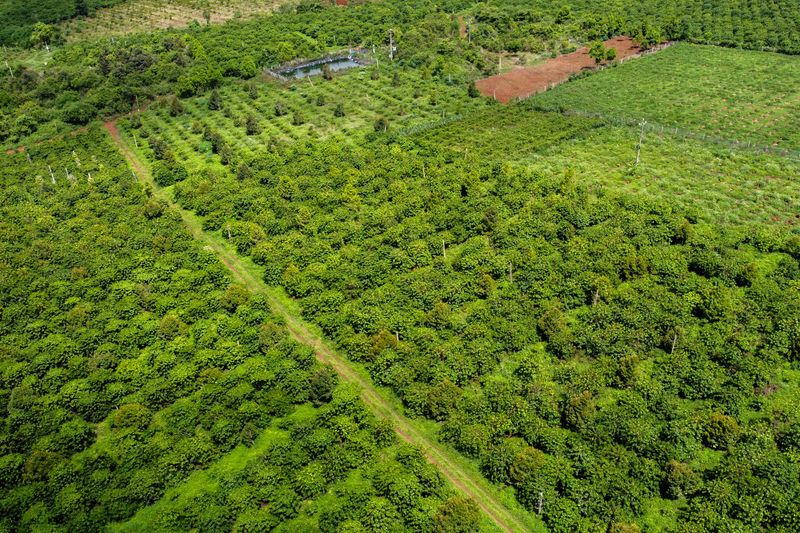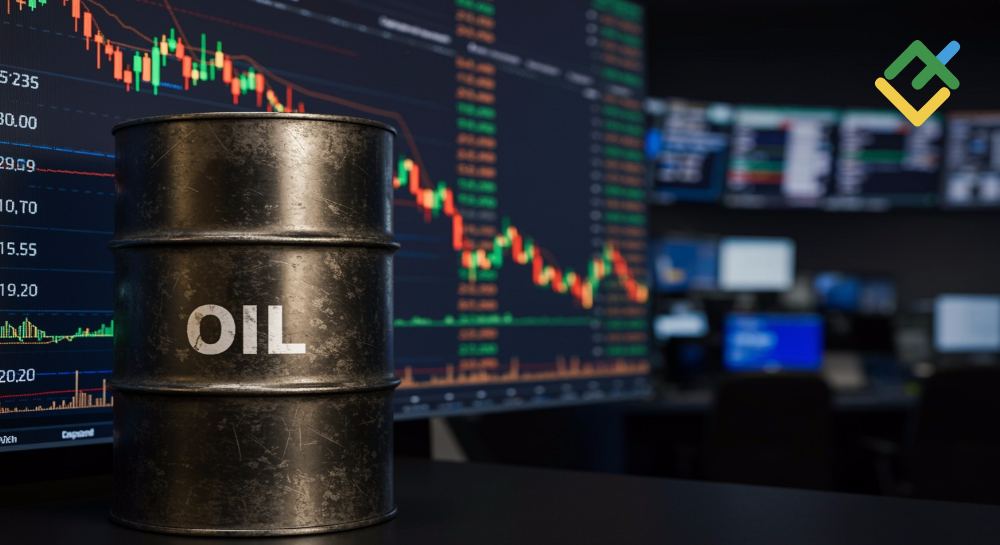
By Gustavo Palencia
TEGUCIGALPA (Reuters) – The world’s top coffee body is set to request that the European Union postpone a requirement that imported beans come from areas not linked with deforestation, the group’s head said on Wednesday.
The rule, set to take effect at the end of the year, would ban sales of coffee – as well as cocoa, soy, palm oil, wood, rubber and cattle – if companies are unable to prove the product comes from an area where forests haven’t been cut down in recent years.
“We can’t meet that date, it is not possible,” said Vanusia Nogueira, director of the International Coffee Organization (ICO), in an interview.
The ICO, a United Nations-linked intergovernmental group, represents more than 90% of coffee production and more than 60% of consumption worldwide. Top coffee producers such as Brazil, Vietnam and Colombia are member countries.
“It’s a very ambitious deadline,” Nogueira said. “We believe that by working with (EU leaders), they might be more open to postponing that date.”
She did not specify for how long the ICO was looking to postpone the deadline.
Asked about the potential repercussions if coffee producers did not meet the deadline, Nogueira said the EU “will find some solution.”
“The European people like coffee very much… they will not be left without coffee,” she added.

Nogueira spoke at a coffee summit hosted by the Community of Latin American and Caribbean States (CELAC) in Tegucigalpa.
The nearly three-dozen member nations of the CELAC are expected to close the summit with a declaration requesting the EU to postpone the deforestation requirement date, Honduran Deputy Minister of Coffee Growing Carlos Murillo said.
This post is originally published on INVESTING.





